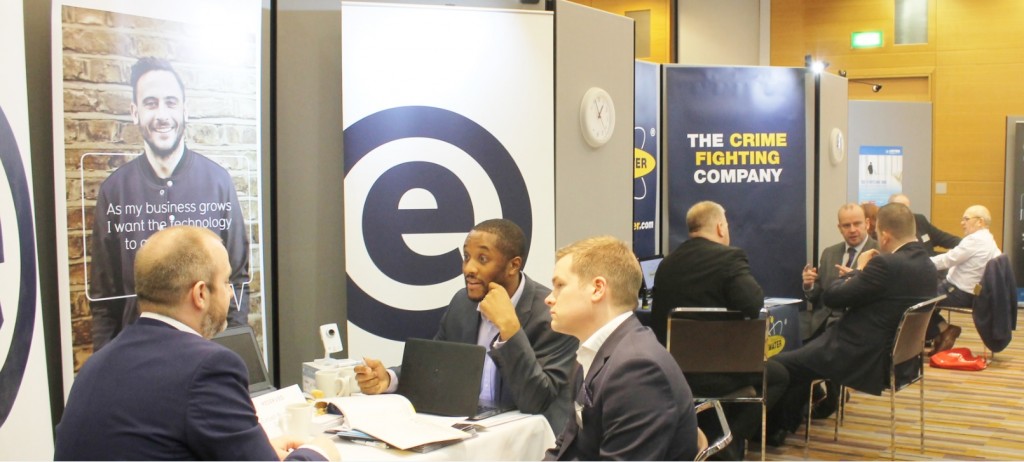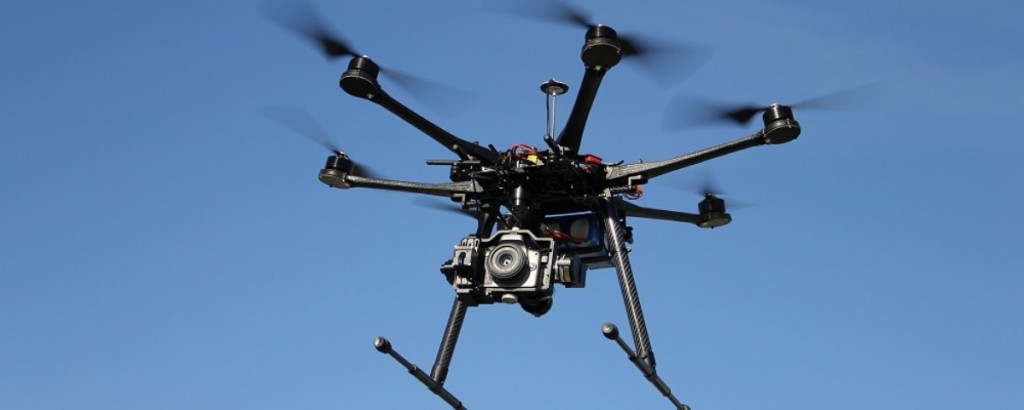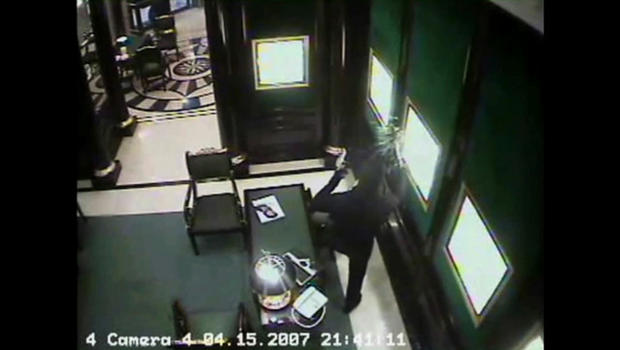Security Industry Key Players Get Together at the Total Security Summit

Designed to draw on the combined skills and expertise of the security community, the Total Security Summit returned once again this year bigger and better than ever. Taking place on March 14th & 15th at the outstanding Radisson Blu, London Stansted; the event brought the industry’s key figures together for two days of match made […]
Home Office to reform powers of police staff, volunteers…

Moves to substitute volunteers for fully trained police officers are “ill-thought out” and will make serving the public harder for the police, according to comments from a police body. The Home Office plans to reform the powers and roles of police staff and volunteers — or special constables as they’re known. The Policing and Crime […]
Dealing with the human and financial cost of trespassers on UK’s rail network…

The number of deaths on the UK’s railways reached an all-time high of 332 last year despite a record-breaking eighth consecutive year without a fatal accident involving trains, according to safety figures. The shocking statistic points to the perpetual problem of rail trespassing, something National Rail says it is tackling through awareness programmes. Not including […]
It’s time to properly regulate the use of drones in security…

For all the pros associated with the commercial and practical uses of drones – or UAVs – there have been a lot of cons to weigh up in recent months in terms of public perception. Drones have offered a huge technological leap in surveillance for security personnel but without adhering to the correct guidelines and […]
‘Project Pink Panthers’ and the cost of tackling the jewellery theft threat…

They’re renowned as the most prolific jewellery thieves of all time. Having pulled off some of the most daring heists in criminal history in cities the world over – including London, Tokyo and Dubai — the Pink Panthers are thought to be behind diamond thefts worth nearly £350 million. Needless to say, the gang has […]
Talk Talk victim of latest high profile cyber attack

Business leaders have called for urgent action to tackle cyber-crime after an attack on Talk Talk, which saw millions of its customers’ accounts and personal details compromised. Despite a number of the company’s customers reporting their bank accounts targeting, currently it is understood no losses have so far deemed directly attributable to the attack on […]

